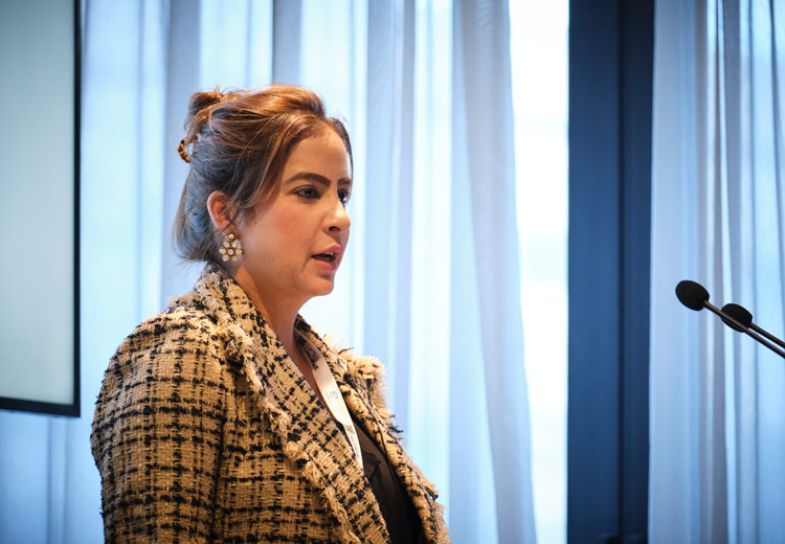
The COP26 conference in Glasgow pledged to reduce coal use, slash methane emissions and act on deforestation. Universities can make a significant contribution in the journey to net zero
Universities play a vital role in meeting the targets set at this year’s COP26 meeting in Glasgow, both from a research perspective and as consumers of fossil fuels. Chairing a session at THE Campus Live UK&IE, Sushma Maharaj, partner at law firm Shakespeare Martineau, asked, “Who better to engender innovation for proper solutions that can be rolled out at scale than universities?”
One of universities’ key considerations is building management and use: “Space really is the final frontier,” Gillian Brown, energy manager at the University of Glasgow, said. “We’ve reduced our space by around 0.5 million square metres and we’re using the space we have more efficiently by putting less fuel into it.” Like many university estates, Glasgow boasts a collection of old-fashioned buildings, leaving a dilemma over whether to build more energy-efficient facilities or repurpose old ones.
Small actions towards sustainability add up, but it can be difficult to know what adds value without data available, Brown said. “We’re at an impasse where we’re setting net zero targets but not all of the technology has been created to get us there, yet we can’t wait another five years for a solution to appear.”
Bec Bennett, head of environmental sustainability at the University of Salford, said it was important to “drive action now”. Salford has embedded questions about carbon impact into its decision making. “But we’re still missing opportunities by not considering things at the right time or decisions having already been made,” Bennett added.
Andy Nolan, development and sustainability director at the University of Nottingham, pointed out the need for sector collaboration, as well as partnerships with local towns and cities on bigger infrastructure investments such as wind or solar projects. “Some things happen at different scales, so you might have a heat pump or a question over a whole building,” Nolan said. “This must be an opportunity to aggregate our efforts and pool our resources, that way we can get more bang for our buck than we can as a single campus.”
The panel:
- Bec Bennett, head of environmental sustainability, University of Salford
- Gillian Brown, energy manager, University of Glasgow
- Sushma Maharaj, partner, Shakespeare Martineau
- Andy Nolan, development and sustainability director, University of Nottingham
Find out more about Shakespeare Martineau and education.
